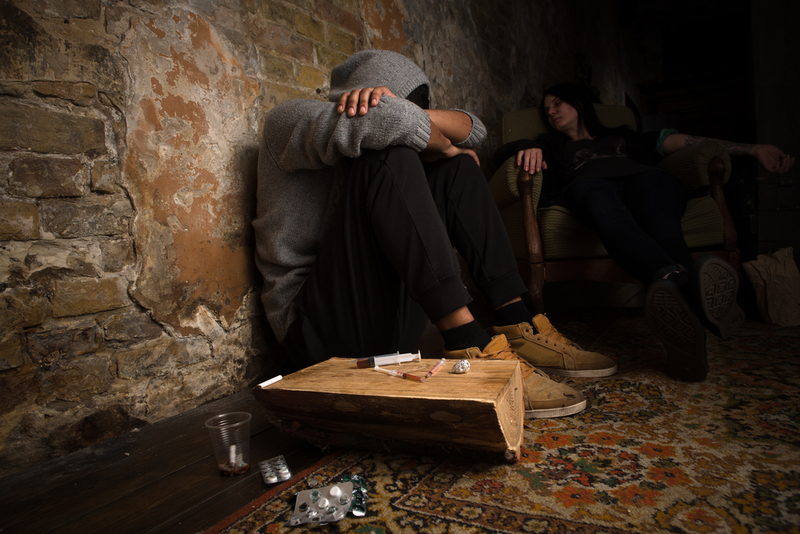Treat drug addicts as patients, not like criminals: Study
UNI Jul 20, 2019
The situation of drug addiction in Punjab is facing a peculiar problem as the drug addicts are treated more like criminals then as patients and in a number of cases they land up in prisons instead of the rehabilitation centres, a study found.

A study by Vidhi Centre for Legal Policy, conducted in 2018, emphasized on the point that the main problem with Punjab’s drug addiction policy is that the addicts are viewed as criminals by the police, prosecution and courts, instead of viewing drug addiction as a public health concern and treating the addicts with concern and sympathy.
Punjab Chief Minister Capt recently called on the Union Home Minster and reiterated his demand for a national drugs policy to combat the drug menace in Punjab, which has escalated in the past few years and several deaths due to drug overdose have already been reported in the state during the current years.
The police chiefs of northern states coordination committee meeting at Chandigarh on 17th July determined to cut the supply chain of narcotics and drugs. However, the study reveals that there are serious under lying issues that needed to be tackled if Punjab wants to curb drug use among youth. The study revealed that the courts in Punjab sending the drug addicts to prisons, instead of rehabilitation centres.
It further stated that despite provision under the NDPS Act that the state people caught with drugs should be sent to de-addiction centres for rehabilitation, the Punjab courts were sending them to jail. Sections 39 and 64A of the NDPS Act clearly states that people caught with small quantities of drugs can opt de-addiction treatment in government approved centres instead of imprisonment.
According to study, the police often visit de-addiction centres and after procuring the address of the addicts admitted in the center, harass the families of the drug addicts. The commercial drug dealers hardly convicted and this is something that needs to be reversed. There is a need to reassess and re-examine the overall concept.
The study also claimed that a number of government-run rehabilitation centres are not clear on how to deal with this menace. The staff at these centers have a lack of understanding about the process of de-addiction. Currently there are 31 government run de-addiction centres in the state out of which 26 are functional. The Punjab opioid dependence survey states that all though 80 per cent of people reported that they tried to give up drugs, only 35 per cent reported receiving any help or treatment.
Unless the state governments takes effective measures such as decriminalizing drug consumption, diverting addicts through the non-punitive section of the Act, and proper treatment and rehabilitation of the addicts, there is not likely to be a major change in the prevailing situation, the study suggested.
-
Exclusive Write-ups & Webinars by KOLs
-
Daily Quiz by specialty
-
Paid Market Research Surveys
-
Case discussions, News & Journals' summaries